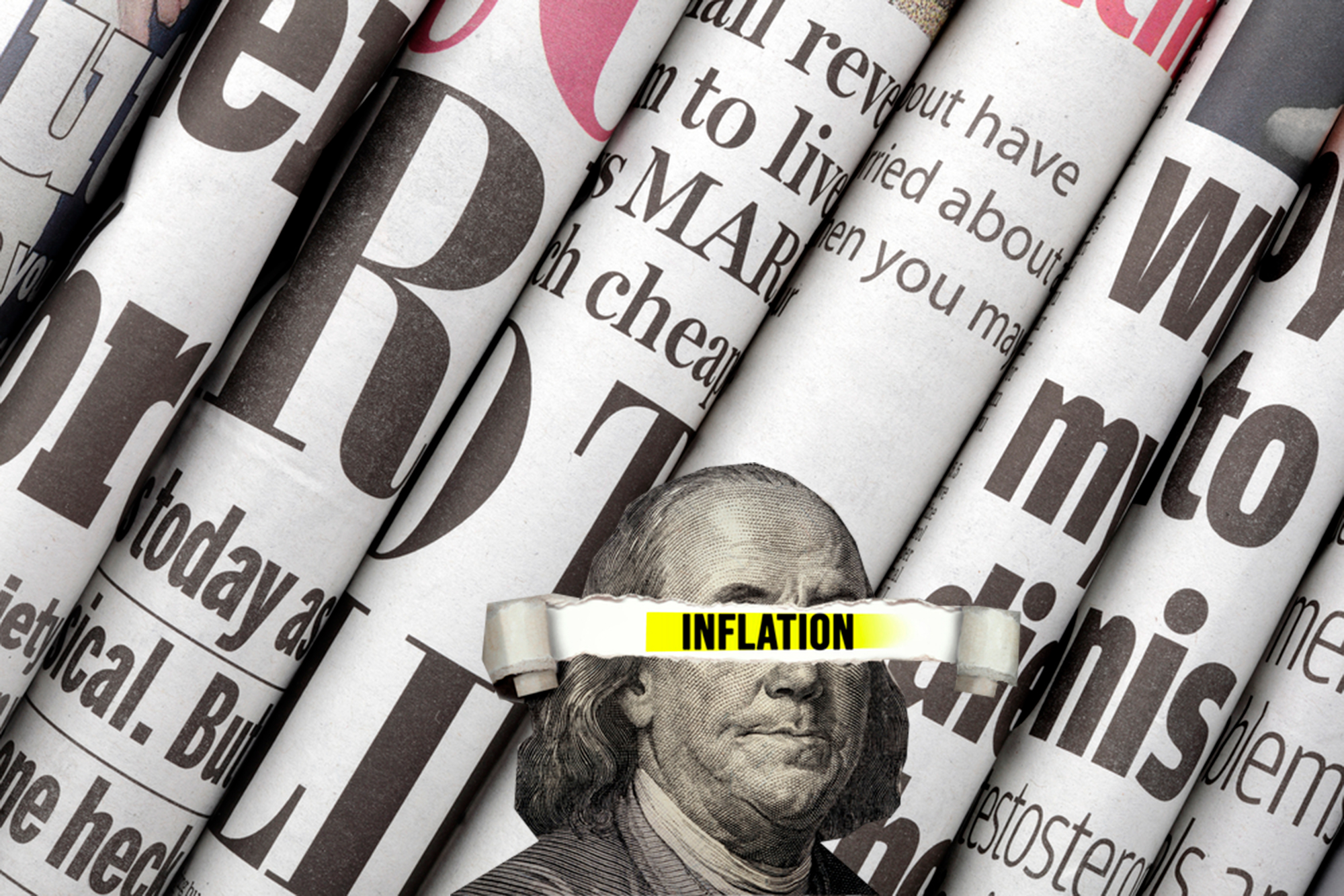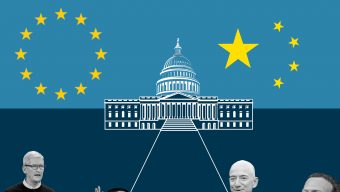When I first sat down to write something on inflation, my immediate reflex was to wonder whether such an endeavor was necessary. There is no denying that food and energy prices have surged in the past few months. Everyone has felt the pain of inflation, but we have all, essentially resigned ourselves to that old saying, “the show must go on.” I then began to tackle this article in the manner that we humans can’t quite help: I started to search for data and news reports in support of my opinion. That – counter to what the Federal Reserve is stating – the current the inflation is anything but “transitory.” For example, Forbes listed several examples showing that the Fed was wrong and that the inflation will not be transitory. The Wall Street Journal argued that the current inflation is a result of the oversupply of money and, therefore, the inflation will be persistent. Bloomberg cited Federal Reserve Bank of Atlanta President Raphael Bostic saying “Transitory is a dirty word.” Reuters used the title “Transitory inflation is a fig leaf that’s slipping.”
I was satisfied with my findings. Yet, the fact that all reports unanimously reached a consensus that inflation is not transitory was surprising. In class, I teach my economics students: yin and yang, benefit and cost, positive and negative. A coin has two sides and in a market there are always two opinions. When The Hill argued that the Fed is “suffering from confirmation bias,” I realized that I, along with many other individuals, am suffering from confirmation bias – we only want to read information that we want to read. From our daily experience, we are certain and confident that inflation is high and that it affects our daily lives – and we wish to read information that is consistent with our opinions.
As the public dug in on the idea that the current inflation is anything but transitory, mass media outlets tried to cater to these readers in order to maximize revenue. They slanted tones in reports to the preferences of their readers. This is not new. Researchers documented an interesting phenomenon that in the late 19th century, The New York Times was more likely to report “sunny weather” when the Giants, the local baseball team, were scheduled to play at home. Unfortunately, these weather reports have less accuracy. Another study found that newspapers with a more liberal language sell better in zip codes that are more liberal (or conservative in conservative).
Mass media is helpful in making bias stronger but it does not do the work of correcting it.
While media bias is notorious in the politics area, the danger of slanting reports in the economic area is still unknown. Readers could very well discern the different tones in politics if they reviewed all the news reports – in politics, there are generally two parties and two sounds. Nevertheless, this is not the case in the economic area. We are all individuals and subject to similar biases, we do not behave randomly but uniformly. When we feel that food and gas prices increase, we all feel the inflation – news reports simply reflect this feeling. Unfortunately, there is no information in opposition. Therefore, in our current situation, all media reports seem to support the feeling that inflation is a long-term phenomenon rather than a transitory one. Furthermore, my own research shows that mass media is biased at the aggregate level in the financial market. Mass media is helpful in making bias stronger but it does not do the work of correcting it. Instead, it creates an echo chamber. Individuals believe – based on their personal feeling rather than fact – that inflation lasts longer than it actually does and news reports actively confirm this belief (rather than fact.)
Now, the question whether inflation is “transitory” or “long-term” is actually no longer important. What matters is how people feel about inflation and how mass media talks about it, regardless of whether their opinions are right or wrong. A natural and easy move is to blame the authorities for this predicament, and we have been witness to this pressure already. A CBS News Poll shows that 60% of Americans think the Biden government should focus more on inflation and 66% of Americans thinks the current inflation is caused by the U.S. government policy. A CNBC survey found that 52% of Americans disapprove of Biden’s presidency. Inflation has recently become one of the two biggest concerns for the Americans, together with the COVID-19 pandemic and this economic question has unfortunately crossed the line into politics.
Consequently, because of public sentiment and mass media pandering to that sentiment, government authorities must do something about the inflation issue, even if it is not severe. And indeed, the Biden administration has already begun to respond by starting with the supply chain, e.g. how people feel about specific inflation issues like the car microchip shortage and the possible delay of holiday gifts. Meanwhile, house and oil prices are irrelevant to the supply chain and they are still running at historically high levels. Fiscal and monetary policies should be used in the next months. If they do not work, another culprit is needed. Unfortunately, as a Chinese national, I already see where the blame is likely to land.
© IE Insights.








